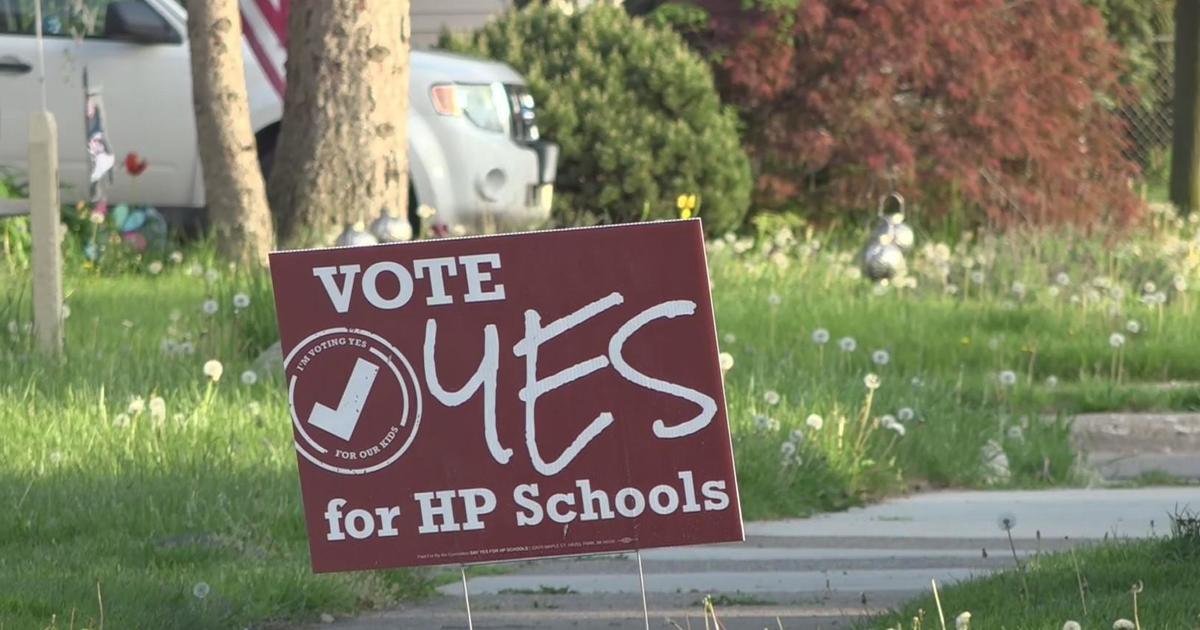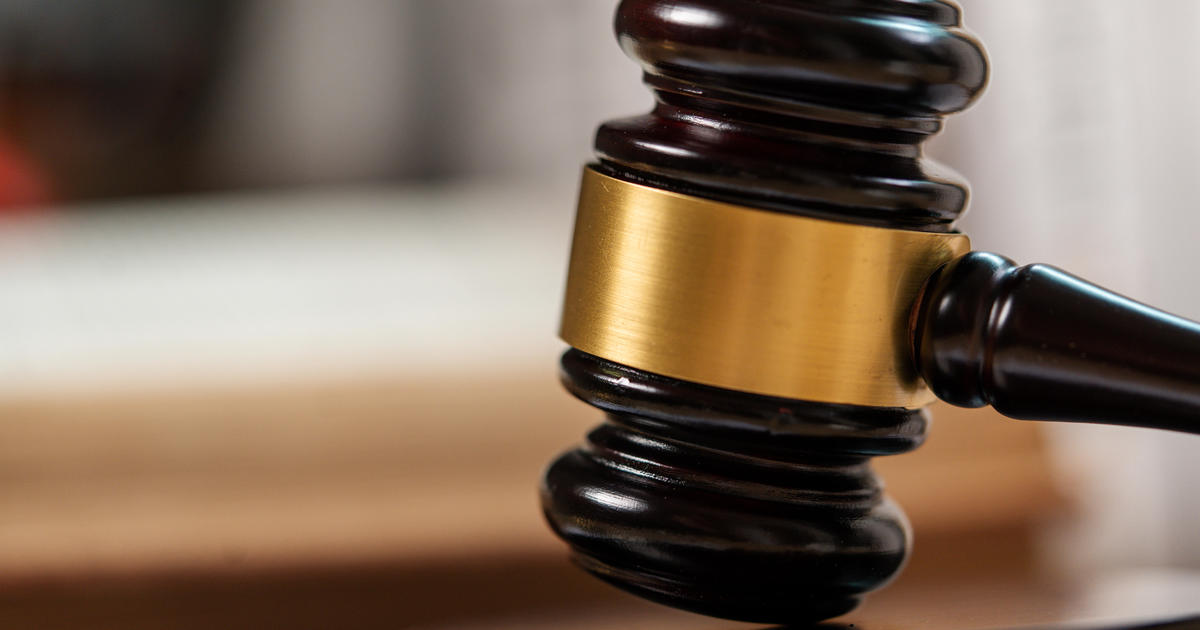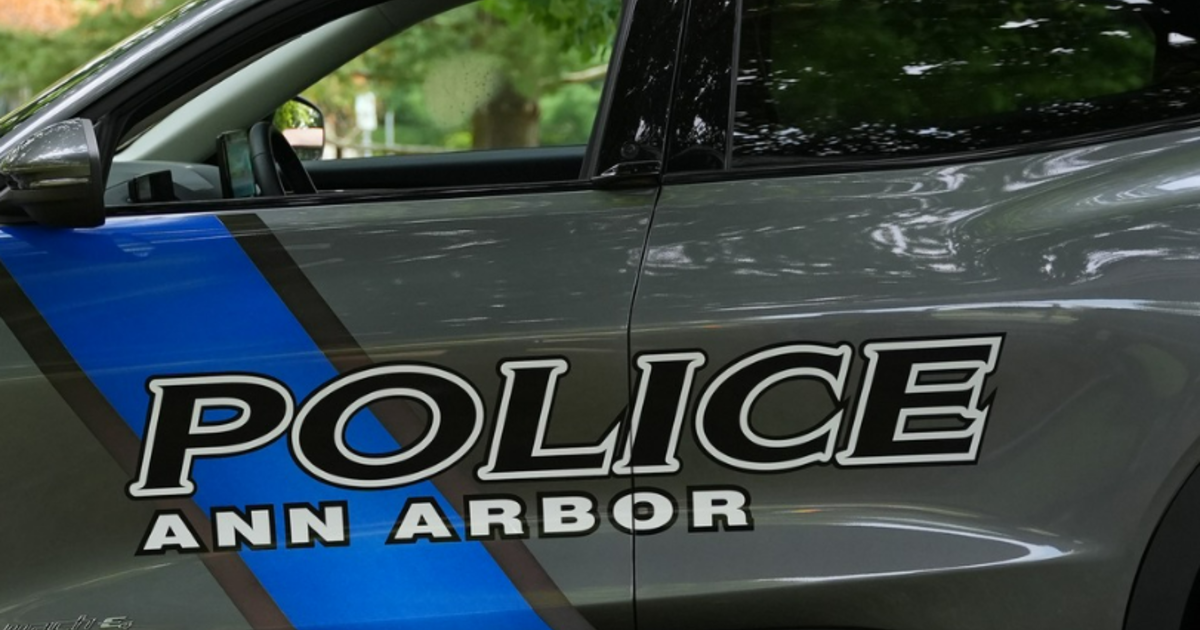Proposal 2: FAQs On Ending Gerrymandering In Michigan
(CBS Detroit) Voters will head to the polls Tuesday, Nov. 6 to elect a new governor, local leaders and vote on three ballot proposals. Proposal 2 is to establish an independent redistricting commission to effectively end gerrymandering.
Still unsure about what this means or how you should vote? We've gathered the basic information and some frequently asked questions about what would happen if it passes.
First off, Proposal 2 would take the drawing of Michigan's political lines out of the hands of the Michigan Legislature and move the function to an independent, bipartisan commission.
The Voters Not Politicians proposal would create a 13-member citizens' commission, made up of four Republicans four Democrats, and five people who identify with neither party.
Here's more on what Voters Not Politicians is proposing:
- How will members of the Independent Citizens Redistricting Commission be selected?
The Commission will have 13 members: 4 members from each of the two largest political parties (currently Republicans and Democrats) and 5 members who are not affiliated with either major party.
The Secretary of State will mail applications to at least 10,000 randomly selected registered voters. In addition, any registered Michigan voter can apply to serve on the Commission. Applications may ask for things like name, address where registered to vote, basic demographic information, and political party affiliation.
From the qualified applicants, the Secretary of State's office will randomly select 200 finalists: 60 Republicans, 60 Democrats, and 80 who are not affiliated with those parties. These applicants will be selected from demographic and geographic categories so that when the 200 finalists are drawn randomly, they will reflect the geographic and demographic makeup of Michigan. The majority and minority leaders in the Michigan House and Senate will be able to strike up to 5 applications each.
The Secretary of State will then randomly select the final Commission members from the remaining pool of applicants.
- How will the Commission draw maps?
The Commission will be required to follow a set of strict criteria. Districts will be equal in population, will comply with the federal Voting Rights Act, and will be single, unbroken shapes. The Commission will also ask the public (through public hearings) what communities Michiganders want to keep together in districts, like school districts, agricultural regions, and more. Maps cannot give an unfair advantage to any political party, politician or candidate.
Finally, maps will take into account existing boundaries such as cities, townships, and counties, and will be reasonably compact.
The Commission will have funds set aside to hire experts and consultants to help them draw the maps.
- How will the Commission approve a map?
The final maps must be approved by a simple majority of Commission members, meaning 7 total Commissioners must vote yes. At least 2 Republicans, two Democrats, and two Commissions who belong to neither party must vote yes for the final maps to be approved. This prevents two groups from joining together to push through maps that favor a party or politician.
If the required majority can't agree on a set of maps, the Commissioners may submit proposed maps, and the Commission will use a ranking system to select the final set of maps. In the unlikely event that this backup method does not produce a final map, a final map will be randomly selected from the maps submitted by the Commissioners.
- How will ordinary citizens provide input in the new process?
Commissioners will hold public hearings across the state to hear how communities want to be represented in districts. Members of the public will also be able to submit comments, concerns, feedback, and even potential maps for consideration online.
Hearings will also be held after the maps are drawn to show exactly what factors went into their development and gather feedback before the final votes. All of the information that goes into the decisions - including the data and computer programming used - will be available to the public.
Click here to continue.



